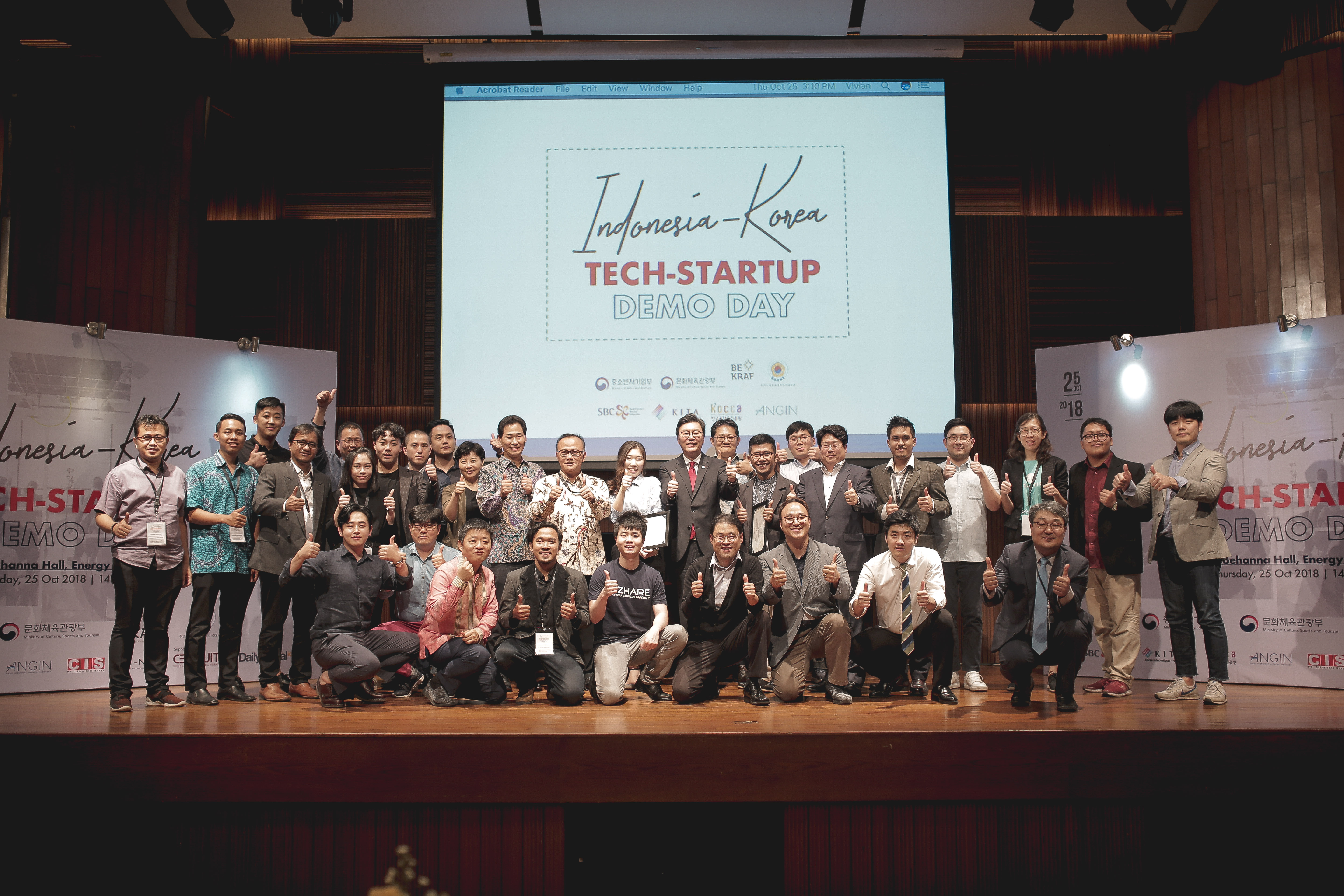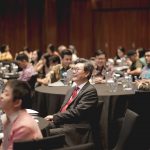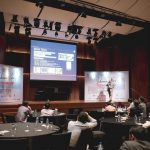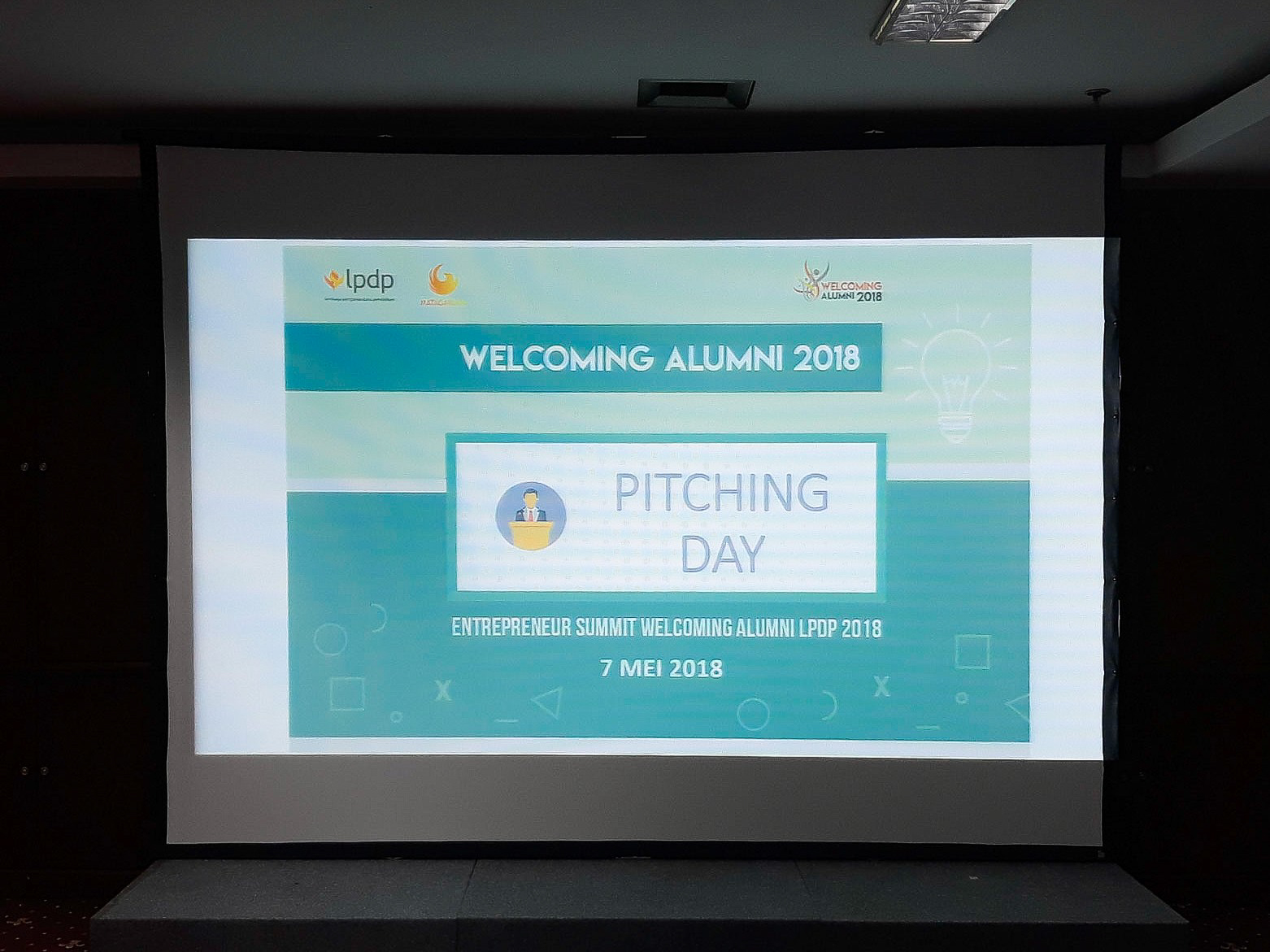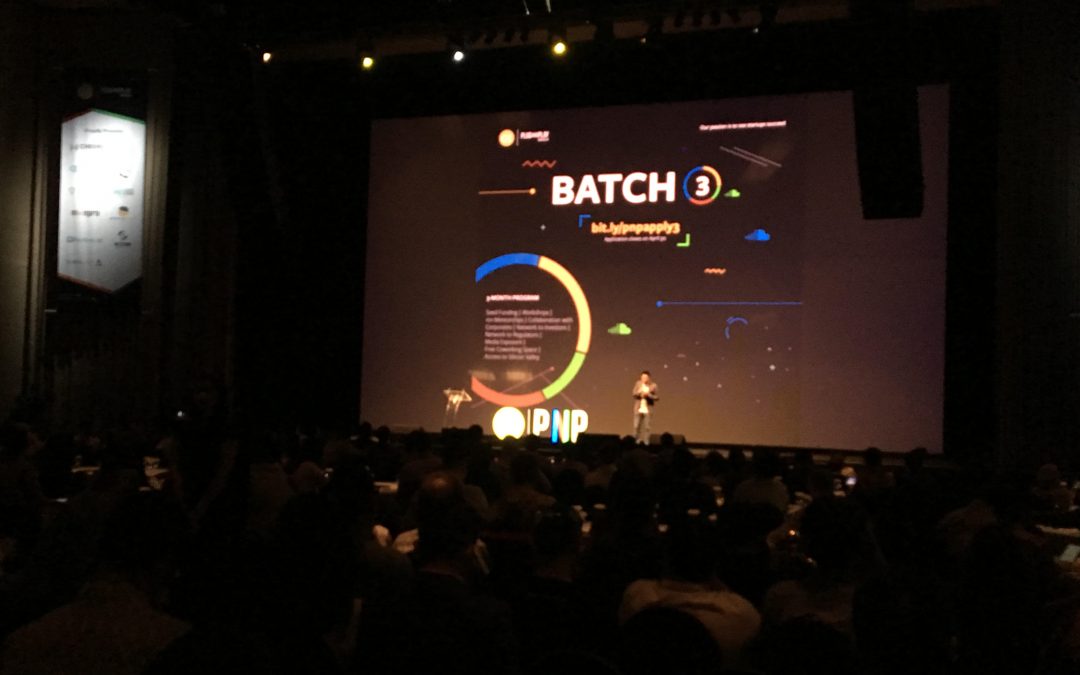Original Article available here: http://www.daghammarskjold.se/six-reasons-why-the-un-and-financial-sector-must-partner-on-sdg-financing/
The financial sector is a critical partner for achieving the Sustainable Development Goals (SDGs). This is especially true when it comes to financing. Defining the SDGs as a trillion dollar investment opportunity rather than a funding shortfall may seem obvious to business but the United Nations is just starting to catch on. It began with the Addis Ababa conference on Financing for Development that took place in 2015, and since then, annual meetings – happening now – of the ECOSOC responsible for follow-up.
Commercial financing is not only ‘nice to have’ but an essential prerequisite for achieving the SDGs. As a matter of urgency, UN reform must equip the UN to partner with the financial sector for channeling financing to where it is needed most. This is work UNDP have in fact begun in Indonesia and which we recently shared with UN colleagues and other financial sector partners during a workshop organised by the Dag Hammarskjöld Foundation and the UN Development Operations Coordination Office (UNDOCO).
For two days we sat together in the Foundation’s Centre in Uppsala with the portrait of the second Secretary General looking over us in support. We were tasked to take a critical, honest look at how the UN and private capital can work together for sustainable development and identify the UN reforms that are needed to make it happen. Indonesia was invited as one of three countries, the other two being Armenia and Kenya, where the UN has advanced work around innovative financing with financial sector partners. But why is this partnership important?
Six reasons
The financial sector and the UN represent different worlds, with different languages, cultures and interests. This makes the collaboration at once challenging but also potentially groundbreaking. Here are six reasons why we should collaborate:
- Filling the development financing gap: Investments can fill the funding gap but also bring a new kind of resources for development projects that are demand driven and more likely to provide long-term solutions. In Indonesia, the UN Development Programme (UNDP) and the Angel Investment Network Indonesia (ANGIN) designed an SDG Impact Fund which is to provide financing to social enterprises in the agricultural value chain. These social enterprises are part of the ‘missing middle’ – they do not want grant funding and are ready to receive investments but are too large for micro-finance and do not have liquid enough assets for accessing finance from banks.
- Providing new deal flow that scales development initiatives: Investors increasingly demand a robust rate of new business proposals and investment opportunities, which finance professionals refer to as deal flow. The UN can help bridge investors and deal flow by building and sharing a pipeline of projects and enterprises in need for growth and expansion capital. In this way, the financial sector can scale viable projects when Government and development organisations exit. UNDP and ANGIN held a Roadshow in Sumatra and Sulawesi earlier this year to identify social enterprises that can become a pipeline of investments.
- Harnessing capital’s transformatory potential: Together we can harness the transformatory potential of capital and change the overall approach to finance. For the UN, influencing the entire continuum of capital so investments are made greener, more sustainable and inclusive, is influencing large scale change. UNDP, in countries such as Indonesia and Armenia, brings innovative tools to financing SDGs such as impact bonds and impact funds and is exploring how blending commercial finance with concessionary finance or grants opens up new investment possibilities by addressing investor concerns about risks. In Indonesia, UNDP supported the Ministry of Finance in issuing the world’s first sovereign green Islamic bond (sukuk) thereby channeling investment to combating climate change and are now encouraging the private sector to follow suit and issue corporate green bonds.
- Enhancing transparency and accountability: The introduction of new technologies, standards, certifications and oversight measures by the UN can enhance accountability and transparency in areas where their absence is a main risk factor increasing costs of doing business and inhibiting investment. For example, UNDP is exploring with partners blockchain technologies as a means to enhance transparency in the management of religious funds such as zakat and waqf to increase trust in institutions managing those funds.
- A conducive policy environment: The UN is well positioned to work with the Government to provide a conducive policy and regulatory environment for SDG financing based on the private sectors understanding of the policy gaps, hindrances and expected incentives to investment. In Indonesia, UNDP collaborates with the Financial Services Authority of Indonesia to enhance the policy environment for private investment in SDGs, by for example putting in place regulations that will support impact investment.
- Promoting innovation: Partnership between business and the UN is essential for innovation. Innovation isn’t created in a vacuum but comes from collaboration between unusual partners with aligned missions. For example, id is a platform created by ANGIN and UNDP to connect investors and enterprises, while also providing entrepreneurs with learning materials and resources for growing their business.
A partnership built on similar values
In Indonesia, we (ANGIN and UNDP) initiated a partnership two years ago when UNDP began exploring the social finance eco-system in Indonesia. We began collaboration by conducting joint research, which identified the disconnect between investors and enterprises as a key challenge. Our partnership developed as we worked together to design an impact fund that would address that disconnect by bringing capital to women-led enterprises that were investment ready but could not access capital to grow. For ANGIN and UNDP, having aligned values; recognising our complementary competencies; having honest, clear communication and defined roles and accountability have been important to our partnership.
For UNDP, the partnership has opened doors to investors and enterprises. ANGIN has brought access to the Indonesian investor and enterprise ecosystem, expertise in early stage investing and capacity building, resource mobilisation with private sector investors and an efficient, lean startup mentality that is execution-centric and KPI oriented.
For ANGIN, UNDP has played a catalytic role for their growth. The UN brings access to a global community and ecosystem, expertise in SDGs, impact measurement and innovative financing, access to government counterparts, resource mobilisation with donors and concessionary investors, a network and infrastructure in the country, neutrality and the UN brand. Together our partnership has achieved a lot but it has at times been constrained by certain UN policies and these need to change.
Four changes needed to UN policies
UN reform must support partnerships for SDG financing such as ours, which now actually take place in spite of UN policies and procedures. We recommend four changes to UN policies:
- The UN must be equipped with the appropriate legal and financial policies to engage with investments and recover costs for our engagement.
- The UN has to build its strong cadre of finance experts and facilitate the dispersion of this expertise across the 193 countries where it works.
- Due diligence processes need to stop seeing private sector as good or bad but instead scrutinise how the collaboration is creating positive change in the way investments are made.
- Partnership agreements should reflect collaboration not as a procurement or funding arrangement but an offer to support to each other that is equal and mutually beneficial.
In countries like Indonesia, Armenia and Kenya, the UN and finance sector partners have started exploring investments in SDGs. The financing of the SDGs requires us to learn from and build on these early experiences for a more systematic approach across the countries where the UN works.
